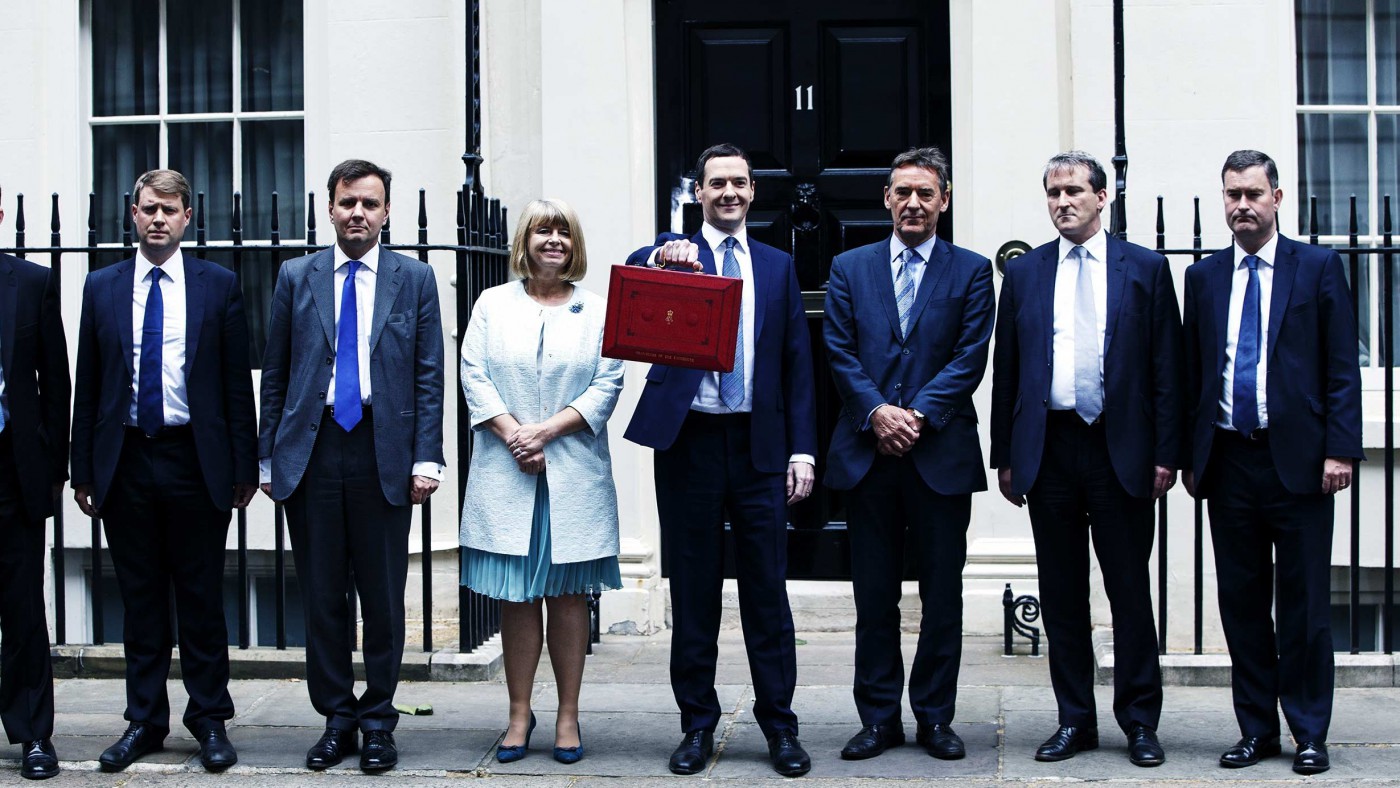Last week George Osborne reduced tax credits for working parents and increased the minimum wage from £6.50 to £7.20, rising to £9.00 by 2020. Several commentators called the move a masterstroke. It allows Mr Osborne to cut the welfare budget without outraging those devoted to the welfare of the working poor.
It may well be good politics. But it is bad policy. To see why, consider a different issue from a far off country.
Last year I was the leader of a small political party contesting New Zealand’s general election (a job I quit after my failure to win a seat for myself). Several parties wanted a law prohibiting foreigners from buying New Zealand farm land. The standard justification was that foreign bidders are driving prices above what young New Zealanders who want to own a farm can afford to pay.
The proposed prohibition aimed at allowing New Zealanders to buy farms for less than their market price. Rather than funding this subsidy from general taxation, however, it imposed the cost on current farm owners, who would often be prevented from selling to the highest bidder.
That is unfair. Why should the entire cost of this social policy fall on farm owners?
Replacing tax credits with a higher minimum wage has the same defect. For whatever reason, the UK government wants unskilled workers to receive more than the market value of their labour. Tax credits achieve this by a subsidy funded from general taxation. A minimum wage achieves it by what is effectively a tax on those who employ unskilled workers.
That is unfair. Why should the entire cost of this social policy fall on just these people?
Of course, in the long run, businesses will need to cover their increased wages bill by increasing the price of the goods they sell. So the cost of the minimum wage will ultimately be borne by customers of businesses who employ unskilled workers – people who eat at McDonald’s, for example. But again, where is the justice in this? Why should the cost of this social policy be borne by people who consume what unskilled workers produce?
Despite the injustice, such policies are popular with politicians because they hide the tax. If my political opponents had suggested increasing everyone’s income tax to provide New Zealanders with grants of $500,000 towards the cost of buying a farm, they would have lost many votes. By contrast, most voters couldn’t see that a law preventing foreigners from buying farms was a kind of tax. And, even if they could, the tax applied to only a tiny fraction of voters anyway.
Similarly, forcing employers to pay unskilled workers more than the market price of their labour can achieve the government’s social policy goal without looking like a tax. And it allows Mr Osborne to reduce government spending on subsidies for working parents. Behold, we have reduced the burden on taxpayers!
It is mere sleight of hand. The burden has simply been shifted to different people and called a minimum wage rather than a tax. The burden is not reduced but disguised.
According to official measures, taxation in the UK is now 42% of GDP (including government borrowing, which is merely deferred taxation). But this understates the real total. If the government taxes you £1 and gives it to me, that is counted. If the government simply forces you to give me £1, unmediated by tax collectors, that isn’t counted.
Such transfers are achieved not only by minimum wage legislation. They are also achieved by tariffs on agricultural imports, which stop you from buying cheaper alternatives to expensive domestically produced food; by mandatory occupational licencing, for example of lawyers and doctors, which force you to buy from expensive suppliers of services; and by product standards, which force you to buy more expensive goods than you might choose to. These are all hidden taxes, assiduously lobbied for by those who receive them.
After decades – indeed centuries – of master strokes such as Mr Osborne’s, the UK is awash with hidden taxes and subsidies. If they were counted, who knows what the total level of taxation would amount to? Surely well over 60% of GDP.
The deadweight cost on the economy is massive. So is the moral cost. The UK has become an enormous government-administered racket, where everyone is extorted and most are simultaneously on the take.


